The story continues to develop around the faked electoral certifications that groups of Republican officials and far-right partisans affixed their signatures to and sent to Congress in December of 2020, and the press and law enforcement are beginning to apply pressure. In Arizona, Wisconsin and Michigan in particular, members of the fraudulent elector groups are coming under intense scrutiny and some of them and their supporters aren’t taking it so well. Here’s a quick roundup:
Arizona
One of the most prominent members of the Arizona fraudulent electoral certification is GOP State Rep. Jake Hoffman. Last week, he was confronted by reporters, whom he tried to evade, but he stopped to answer a follow-up question from a reporter from the Arizona Republic, likely to his regret. Hoffman explained that “in unprecedented times, unprecedented action” is required. When the reporter asked him whether he had any direction from anybody in taking this action, he said he was “only one of the electors” and that “you would need to ask the party chair that.” When pressed if he was told by someone to be somewhere to sign it, Hoffman refused to answer, repeating, “you would have to ask the party chair that” and when pressed still further with “How did you know to show up?” and “Do you not know you arrived at a place?” Hoffman declined to answer—but many including the January 6 Committee might be interested in hearing from him.
This isn’t the first time Hoffman has been caught using sheer fakery to achieve his political goals. In October of 2020, as reported by the Washington Post and the Arizona Republic, Hoffman was suspended personally and his firm banned from social media for engaging in “coordinated inauthentic behavior”—meaning, he was paying teenagers on a troll farm to post comments that appeared to come from real people. These actions were being executed on behalf of Turning Point Action, a far-right group led by extremist conservative activist Charlie Kirk. Another one of the fake electors, Tyler Bowyer, is also affiliated with Kirk as the COO of Turning Point USA, according to Bowyer’s Twitter page.
Arizona Secretary of State Katie Hobbs had originally referred the forgery to the Arizona Attorney General’s office back in December of 2020. Currently, election conspiracy and “audit” promoter Mark Brnovich, who is a die-hard Trumper challenging Mark Kelly for his senate seat, is that state’s attorney general, so it’s not surprising that no action has been taken.
Wisconsin
As reported by the Wisconsin State Journal, a group of Republican “electors” who met in the same building in Madison as the actual state electors on December 14, 2020 has drawn a number of complaints alleging the group committed fraud. Although Wisconsin law doesn’t directly address the circumstances of false electors, “It’s probably some type of fraud, some time of criminal forgery,” said David Schultz, a professor of political science at Hamline University who also teaches election law at the University of Minnesota School of Law.
The national coordination of the electoral certifications caught the interest of Barry Burden, director of the Elections Research Center at UW-Madison, who noted it was highly unlikely that the purported “electors” had genuine, fact-based grievances, given that they were in wholly separate states. “It looks more like a national orchestration to try to challenge the election results,” Burden said. “I think there’s a direct line between the suspicions that have been raised about the election results and the violent insurrection that took place at the U.S. Capitol,” he added.
State GOP party chair Paul Farrow released a statement yesterday, however, defending the signatories and claiming they were advised to execute the documents by attorneys and that the actions were done in accordance with precedent. The “precedent” here likely refers to a contested election in 1960 in Hawaii, cited by John Eastman in his now infamous soft coup memo. But in that case, the circumstances were not comparable. Litigation and recounts in a very close election had taken the state far past the “safe harbor” day for election results and continued right up to the date of the electoral college vote itself, causing both parties to publicly convene two competing slates of electors. “That is radically different from these 10 fraudulent electors skulking in the shadows and submitting false paperwork to create the ground on which the Jan. 6 insurrection was built,” said Jeffrey Mandell, president of the progressive firm Law Forward, which filed the complaints.
Although a formal complaint was also filed before the Wisconsin Elections Commission, an interesting and complicating factor is that the first signatory on the fake electoral certificate is Bob Spindell, who is the Republican appointee to that very commission—meaning there’s already a clear conflict of interest.
Wisconsin Attorney General Josh Kaul, who is fighting bogus efforts by the GOP to continue election “investigations” in the state, said last Friday that he believes the federal government is best suited to investigate the GOP “electors” who signed on to the faked document. “I believe it’s critical that the federal government fully investigates and prosecutes any unlawful actions in furtherance of any seditious conspiracy,” he said, adopting the language of the Justice Department’s most recent set of charges which includes actual sedition charges.
Michigan
State Attorney General Dana Nessel took aggressive action last week by formally referring the Michigan electoral certification forgery to federal prosecutors. In announcing the referral, she also made clear that “there’s no double jeopardy if you were to bring both state and federal charges for the same offenses,” indicating she is willing to have her office act as well against the signatories.
Highlighting the political and media divide in America today, the Michigan GOP labeled her comments “political persecution,” noting that she made them on “a left-wing cable news show.” Nessel is facing reelection in November, and her opponents charged her with “playing political games with people’s lives and livelihoods for the sake of scoring political points.”
The 16 signatories to the fake electoral certificate in Michigan include an interesting set of characters such as Amy Facchinello, a Grand Blanc school board member affiliated with QAnon and Stan Grot, a Shelby Township Clerk at the heart of a payoff scandal within the Michigan GOP. But they also include many high ranking GOP officials, underscoring the extent to which the modern GOP is intertwined with fringe elements.
Under Michigan law, as AG Nessel noted, the group could be charged with forgery of a public record, which carries a sentence of up to 14 years. Election forgery itself is specifically punishable up to five in the state. Her opponent, Matt DePerno, who like Brnovich in Arizona has called for even more audits and election investigation, tweeted a doctored image of Nessel in an orange prison jumpsuit, asking for donations to help “LOCK HER UP!” Nessell responded, “Again…totally normal way for an AG candidate to campaign against an opponent. Soliciting campaign contributions in an exchange for a promise to imprison his political adversaries. Also, someone has a very unrealistic view of how tall I am.”
For more political analysis, check out the Status Kuo newsletter.

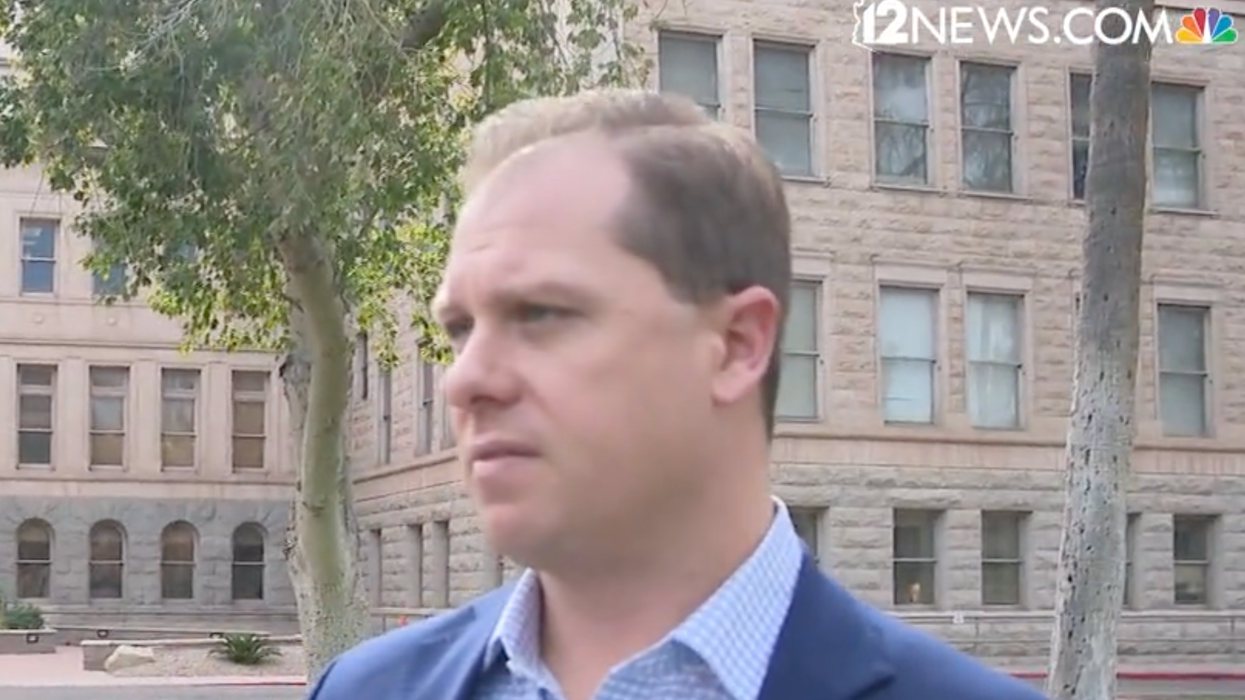
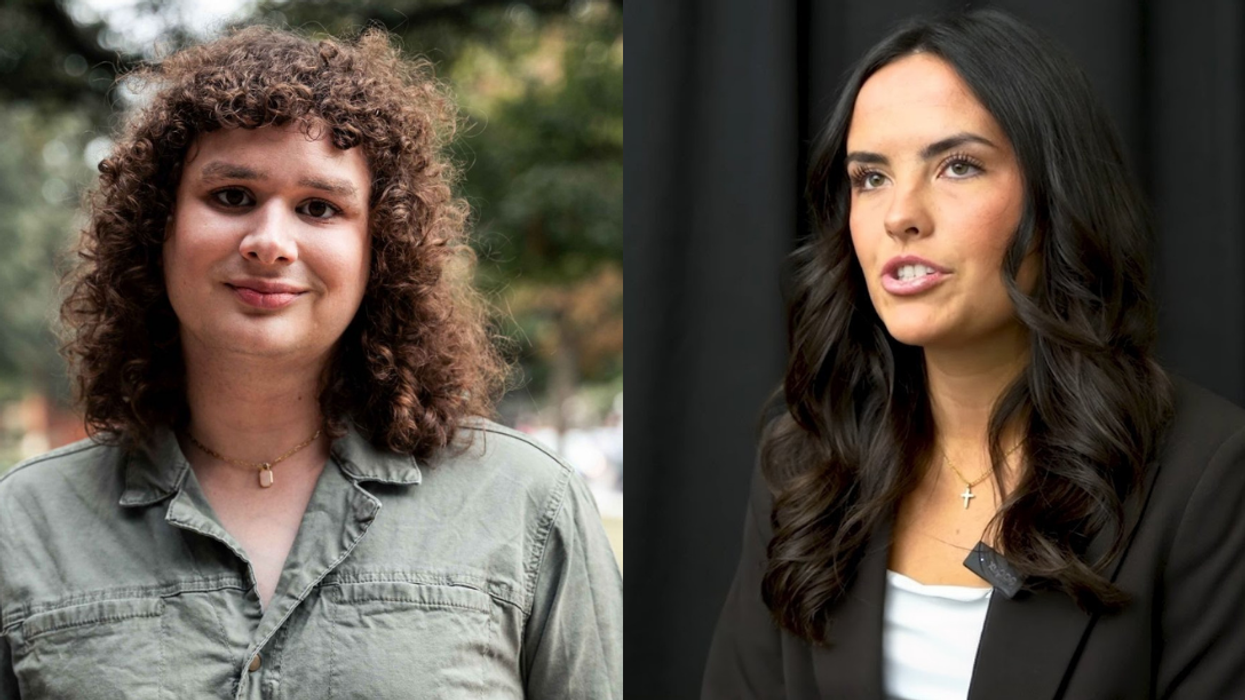
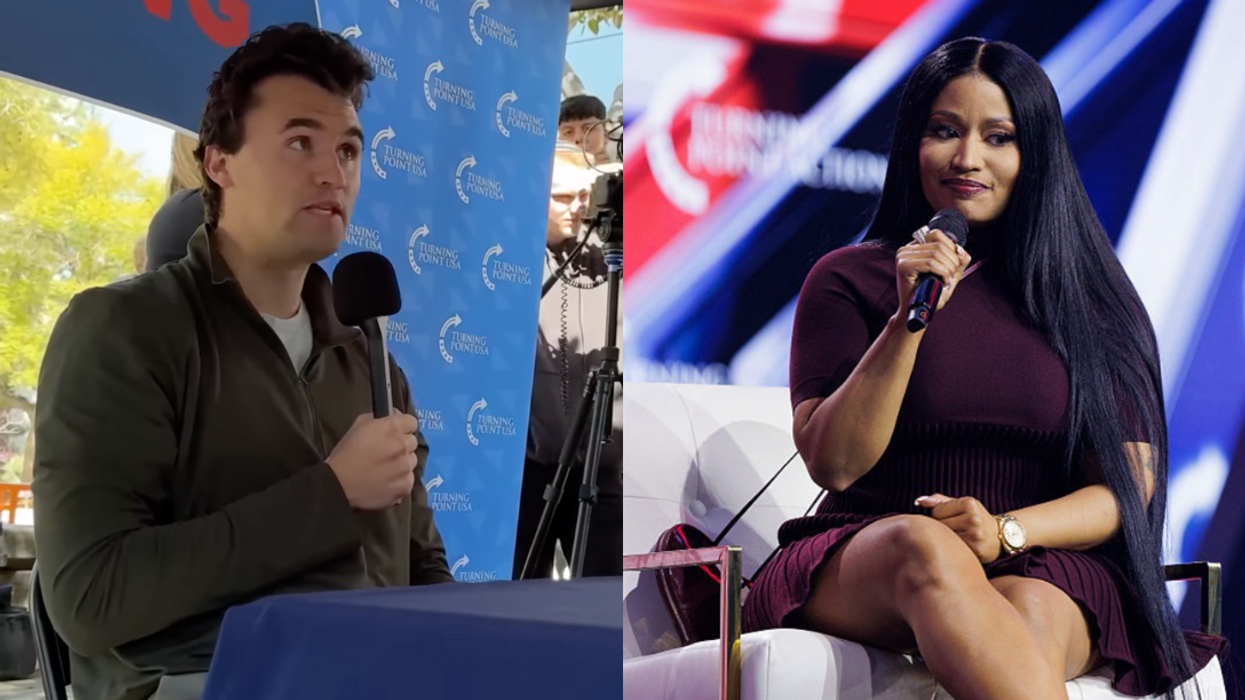
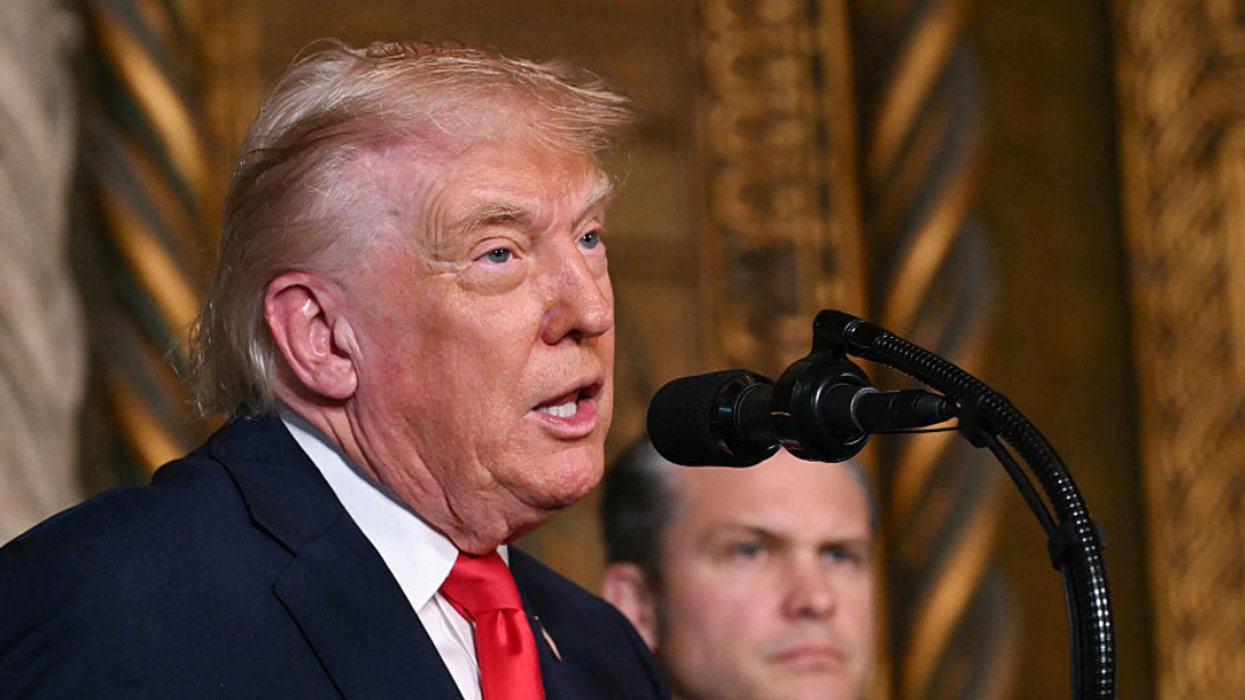


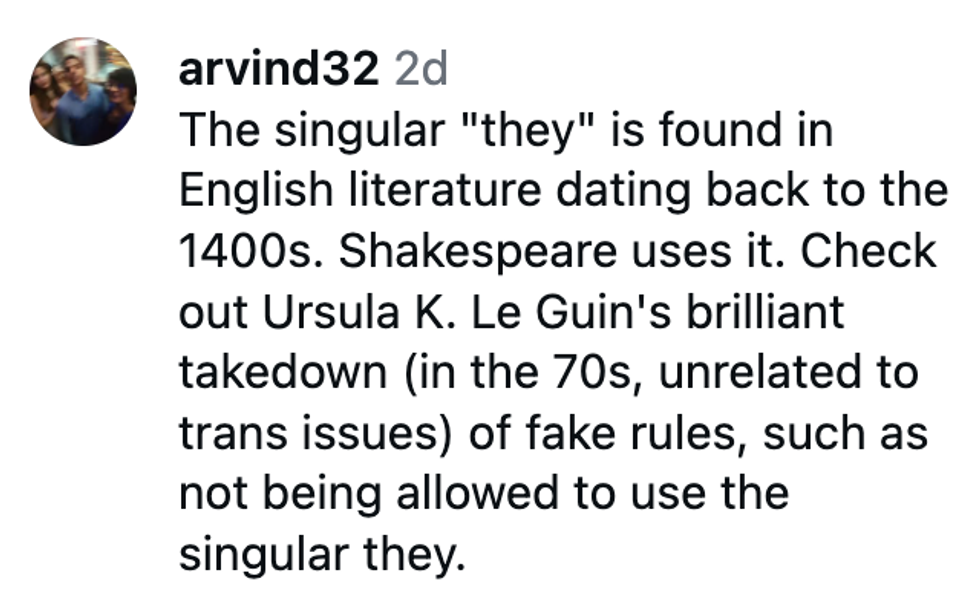
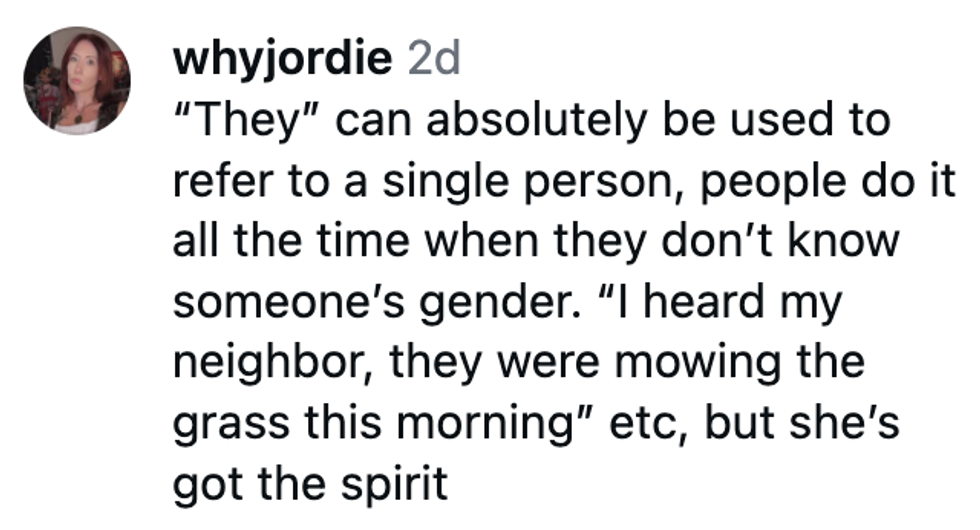

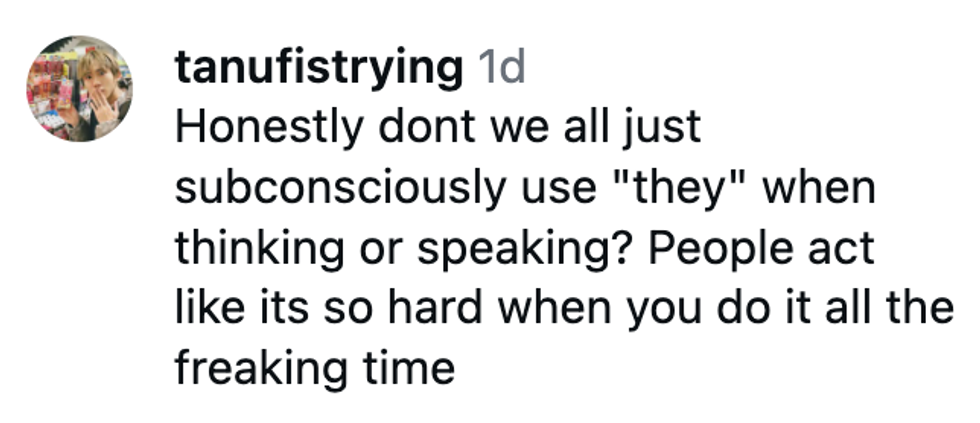
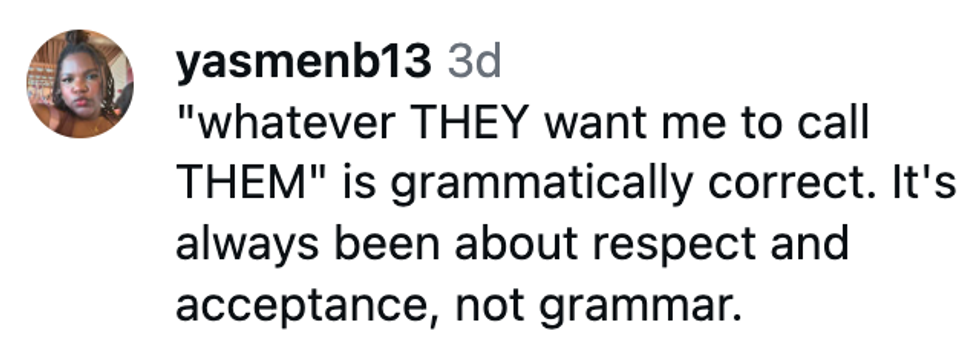

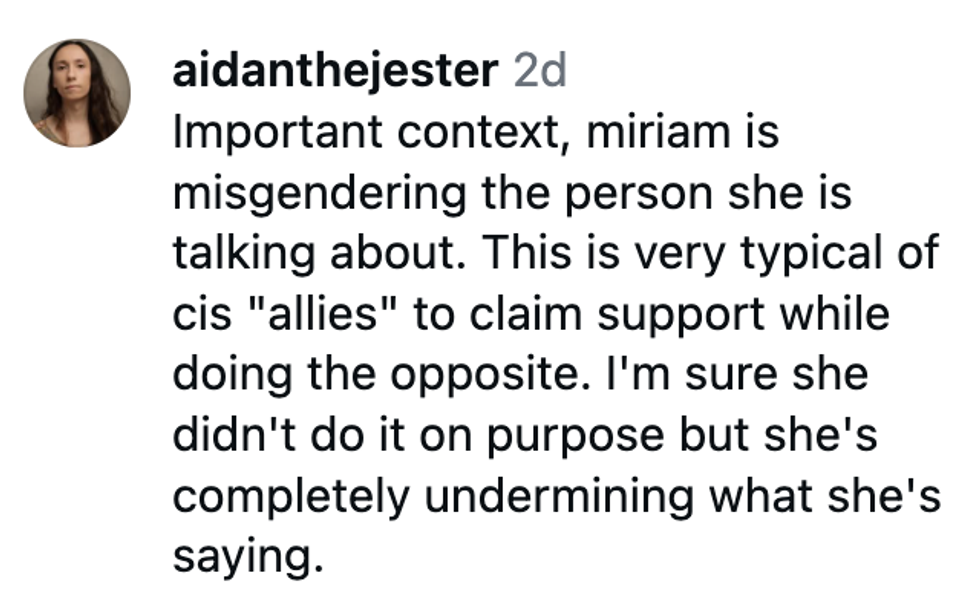







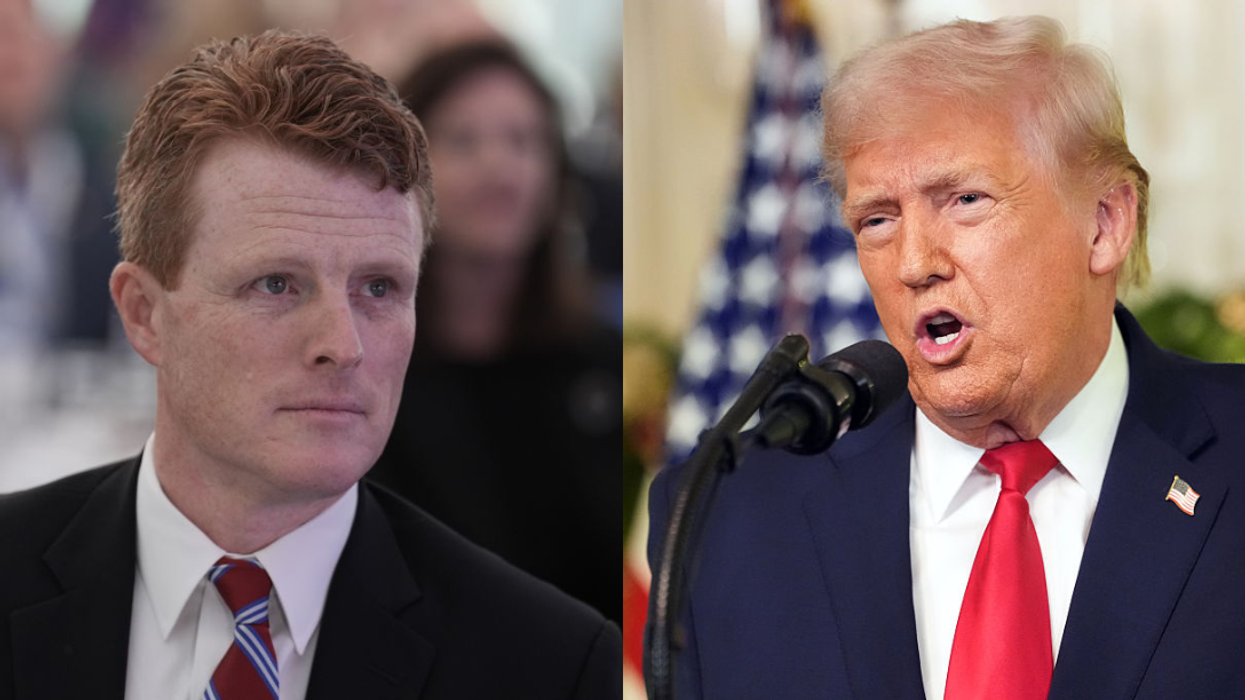
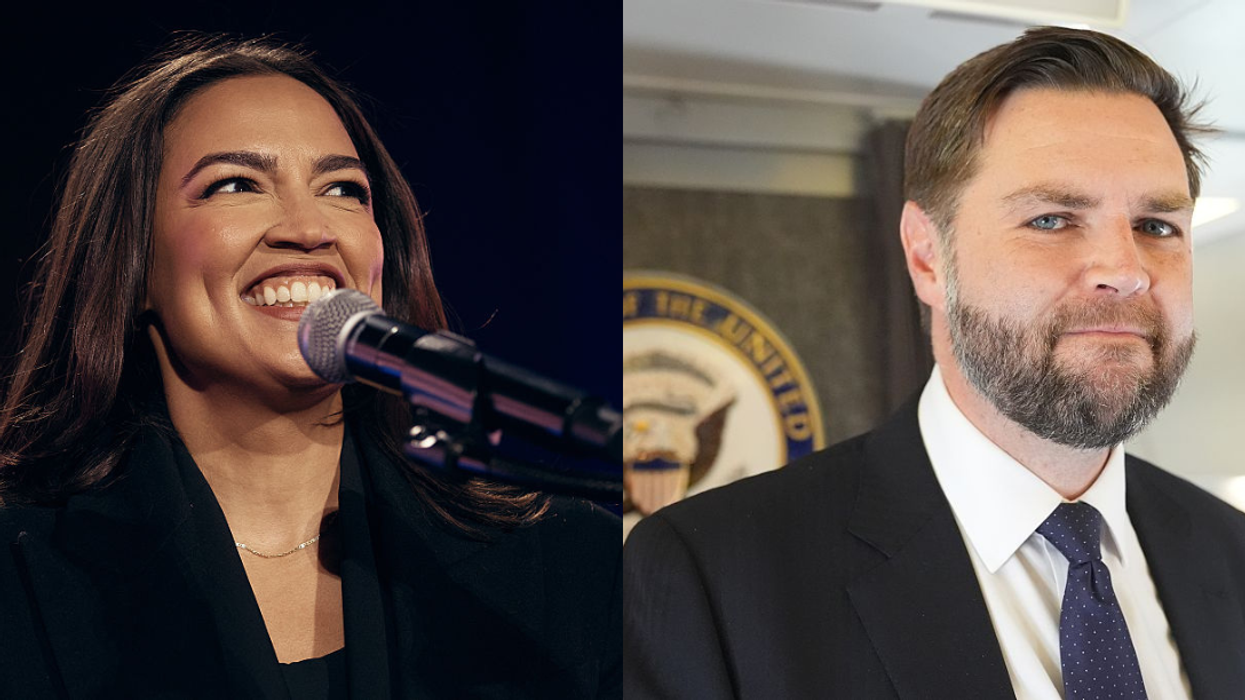
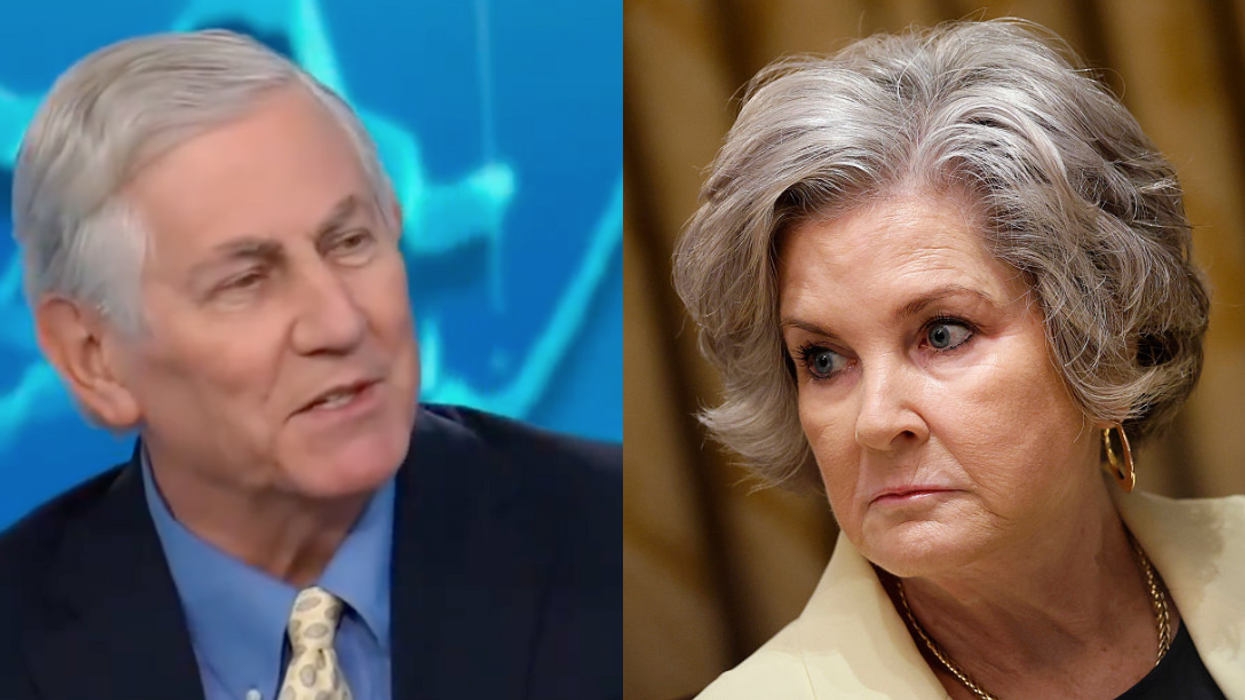
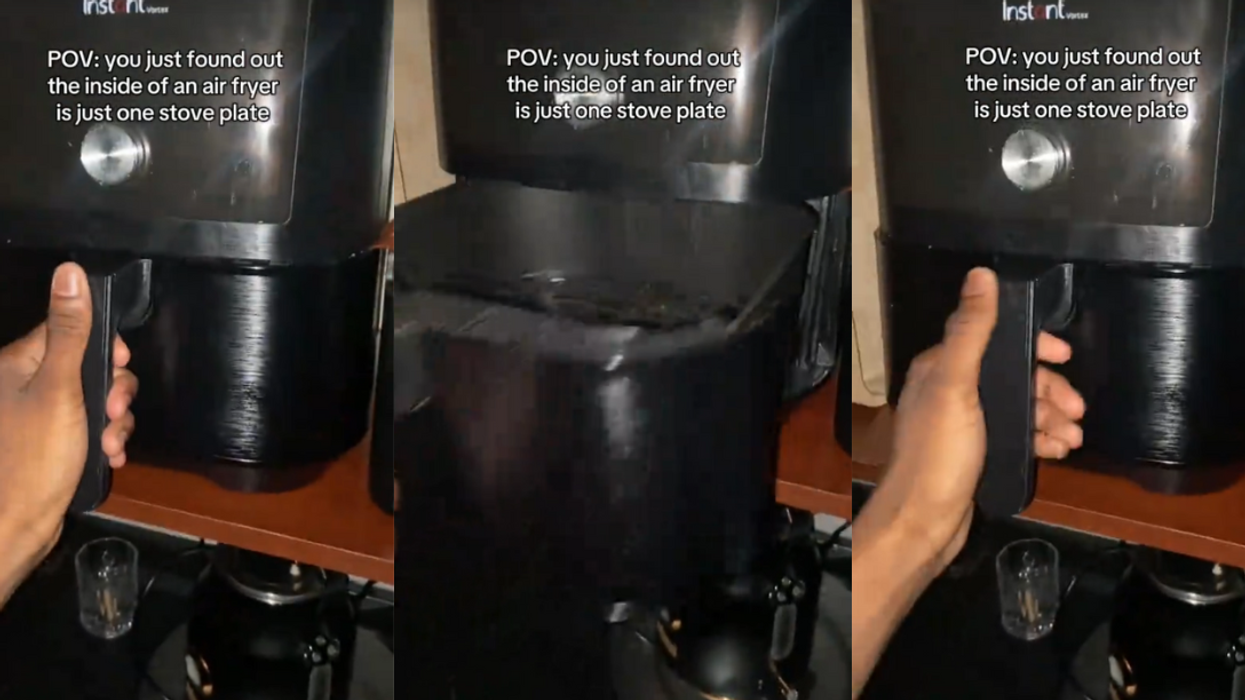

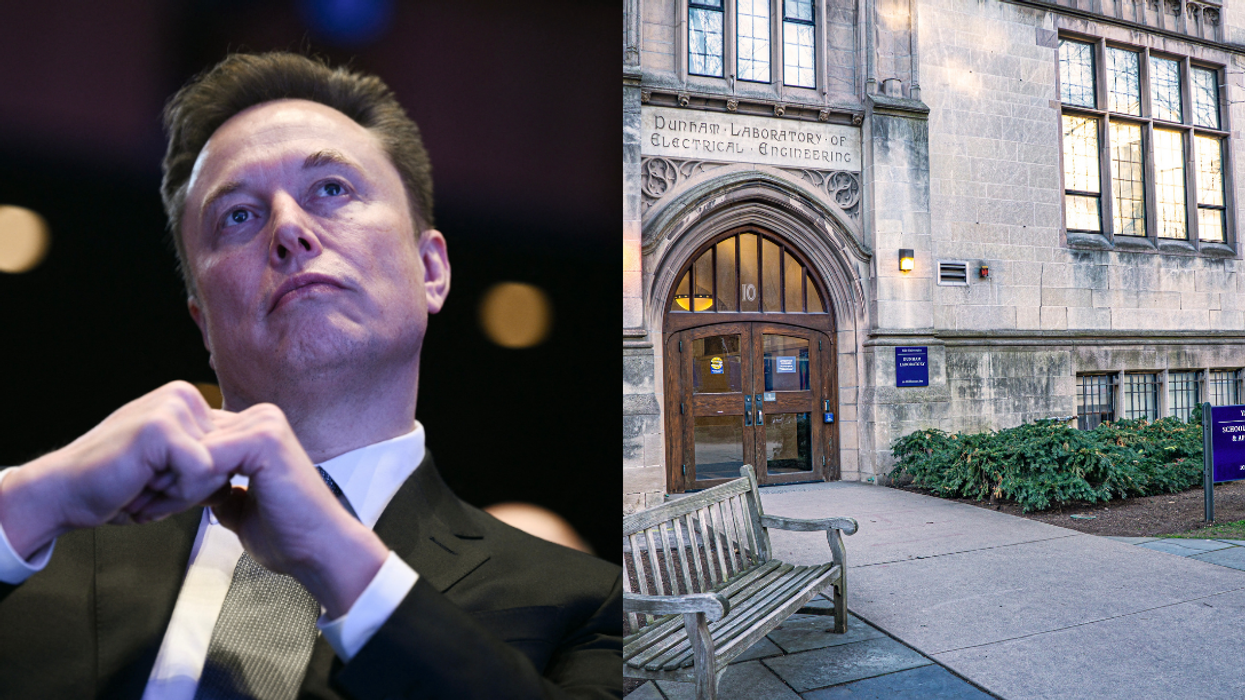
 replying to @elonmusk/X
replying to @elonmusk/X replying to @elonmusk/X
replying to @elonmusk/X replying to @elonmusk/X
replying to @elonmusk/X replying to @elonmusk/X
replying to @elonmusk/X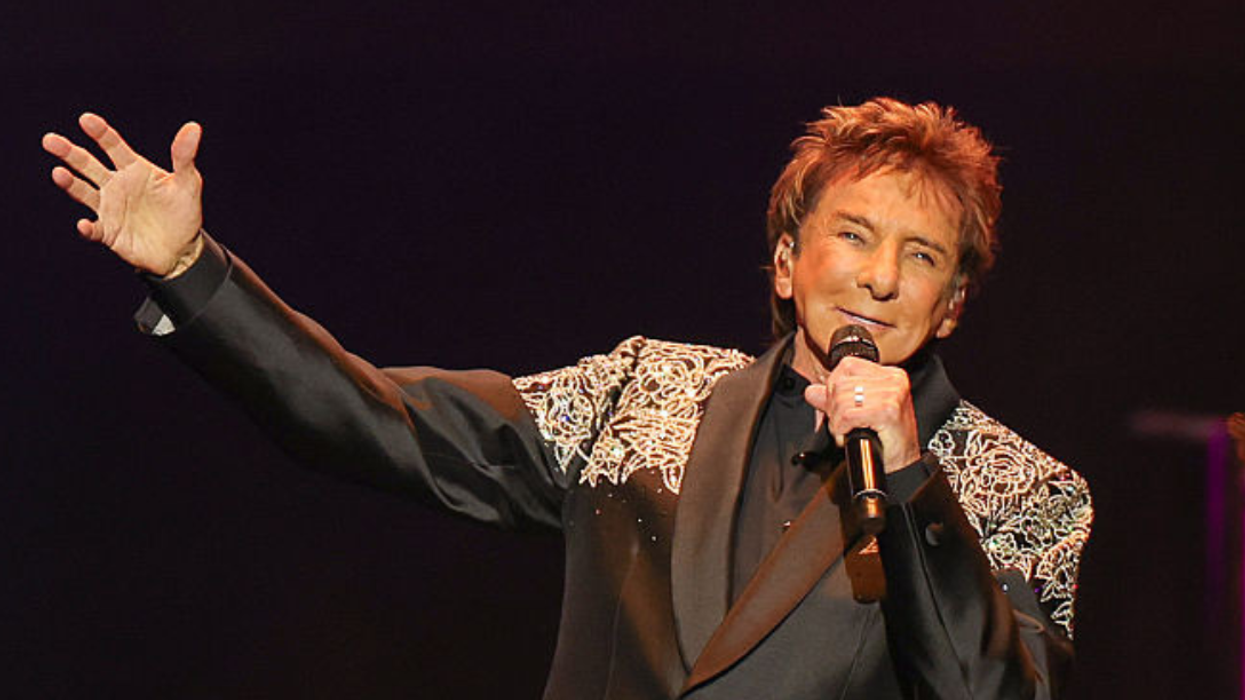
 Barry Manilow/Facebook
Barry Manilow/Facebook Barry Manilow/Facebook
Barry Manilow/Facebook Barry Manilow/Facebook
Barry Manilow/Facebook Barry Manilow/Facebook
Barry Manilow/Facebook Barry Manilow/Facebook
Barry Manilow/Facebook Barry Manilow/Facebook
Barry Manilow/Facebook Barry Manilow/Facebook
Barry Manilow/Facebook Barry Manilow/Facebook
Barry Manilow/Facebook Barry Manilow/Facebook
Barry Manilow/Facebook Barry Manilow/Facebook
Barry Manilow/Facebook Barry Manilow/Facebook
Barry Manilow/Facebook